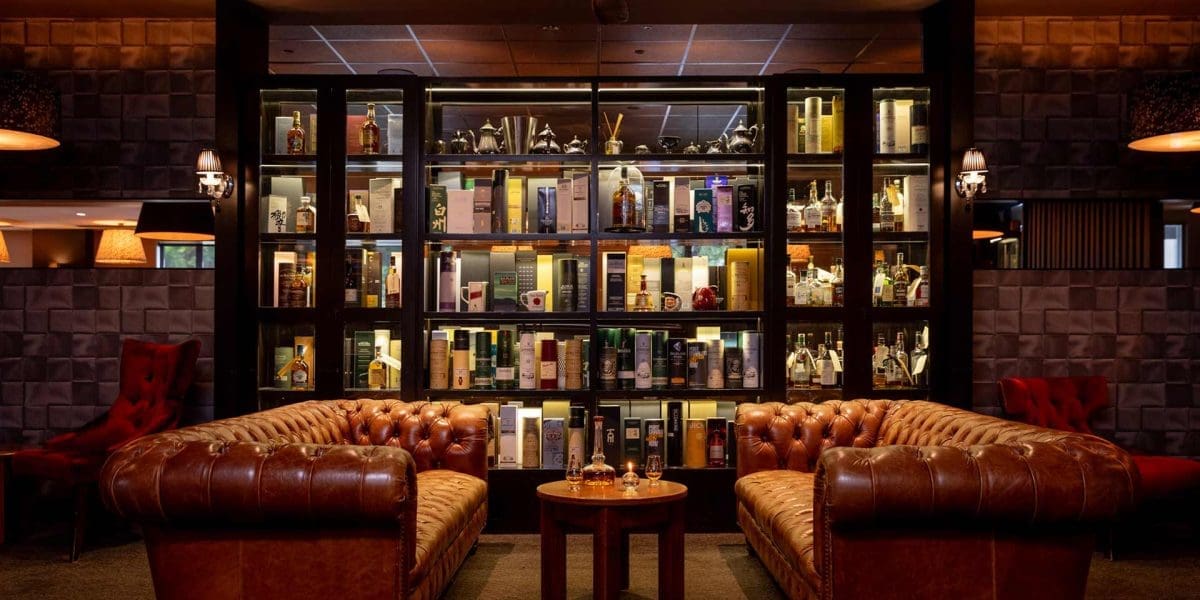Leading a 24/7 City Landmark
Craig Wood has been in hospitality for more than 15 years, but stepping into the General Manager role at Rydges Latimer Christchurch was different. It was coming home. “I did a hospitality diploma at Polytech here in Christchurch. To then come back as a General Manager into a hotel in the same city is quite cool”.
Coming home also meant stepping into a city that had changed dramatically. The earthquakes had reshaped Christchurch’s streets and skyline, but for Craig there was opportunity in the rebuild. “As much as it was devastating, it was a fantastic opportunity to rebuild something. There is a lot more sense to the flow of the city now. That is often not the case because usually you just keep adding blocks as you go along. Here, it has been thoughtfully put back together.” And there was the personal pull. “Most Cantabrians are pretty one-eyed and always seem to come back at some point. I am not saying I am at the end of my career by any means, but it was nice timing with it all working out.”
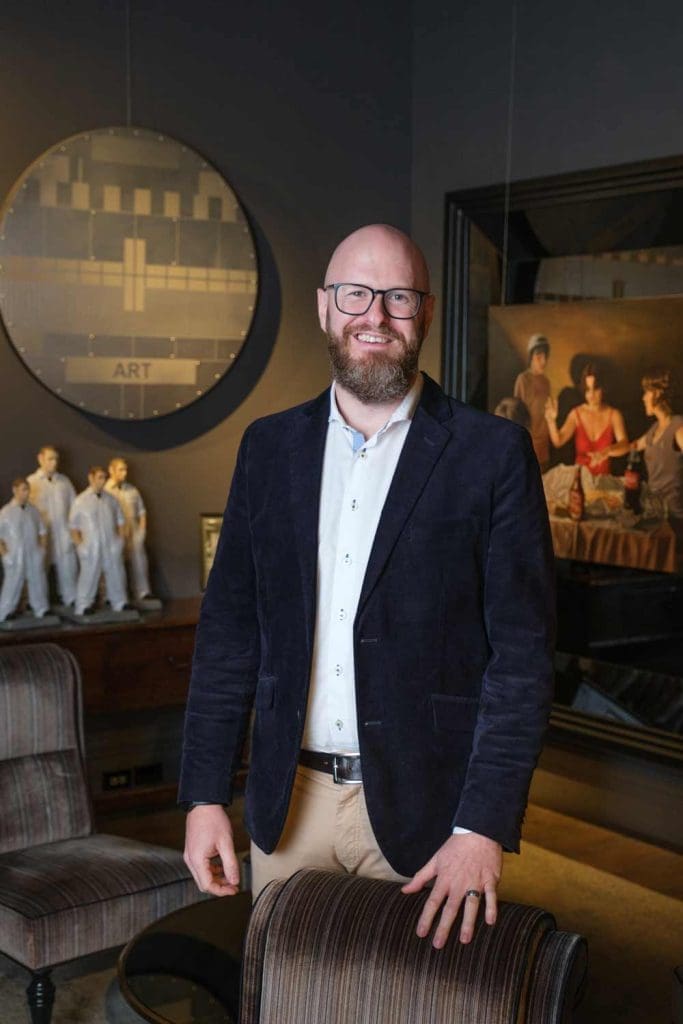
Returning to Christchurch also gave Craig the chance to embed the hotel into the life of the city in a way that went beyond the rooms and the restaurant. He has built strong ties with organisations like Full Bellies, which packs more than 1,000 school lunches a week for kids in need, and Trees for Canterbury, which plants native trees across the region. “We donate five staff a month to Full Bellies for three hours to help pack lunches. We take anywhere from 400 to 500 muffins, scones or slices to bulk them out a bit as well. It is eye-opening. People come back asking how they can volunteer in their own time.” The same approach applies to Trees for Canterbury. “We purchase 600 trees and go out on a public planting day. It encourages family involvement from our team. We put on a barbecue and make a morning of it. It is about inclusion and giving back in a tangible way.”
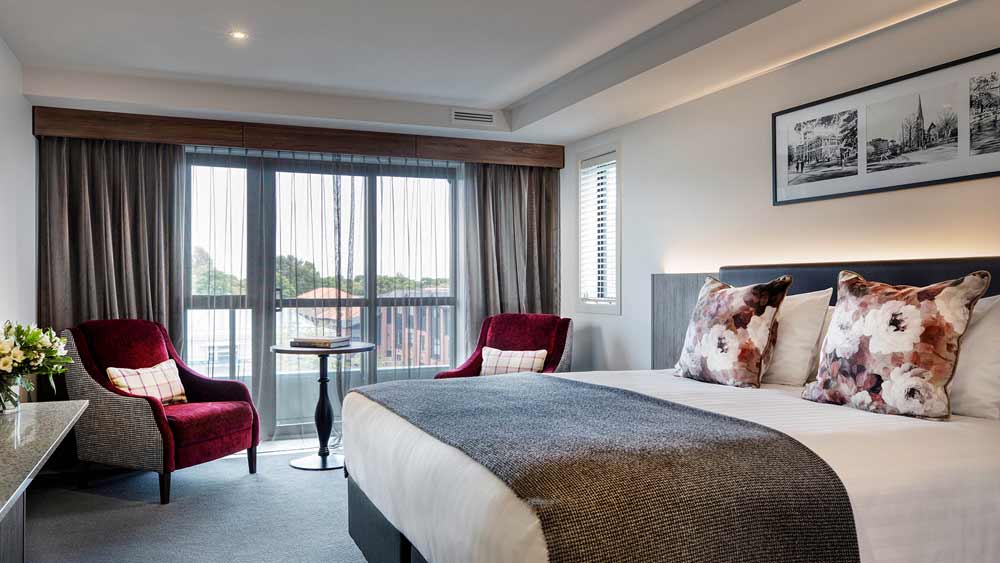
These connections are not just feel-good extras; they feed into the culture Craig is building at Rydges Latimer. “Hospitality is a high-pressure industry. There is always pressure to perform. Doing something for the community gives you a release from that business pressure. If we can create the same passion for our CSR work that we do for revenue and service, it will only have a positive impact back in the business.” That philosophy ties neatly into his leadership style, which is built around empowering his team to make decisions and take ownership. “It could be access to a program or making sure their computer works properly. Mistakes are fine as long as you do not make the same one twice. Back them when they get it wrong and guide them for next time.”
It is a mindset Craig honed in Fiji, where he as Food & Beverage Manager for a resort with 650 staff, including 270 in food and beverage. “You do have to compartmentalise. Otherwise you are mentally drained. I know I will be involved if I need to be, but I can leave knowing they will call if it is necessary.” That trust is built on visibility. He is not an office-bound GM. “When I walk in, I talk to the front desk, check the lobby, pick up any rubbish, make sure the music is at the right level. I walk through the restaurant, talk to the team, maybe clear a plate. I want to be approachable. I meet all new starters on day one. We do not have name badges, so I learn names and find something to connect on.”
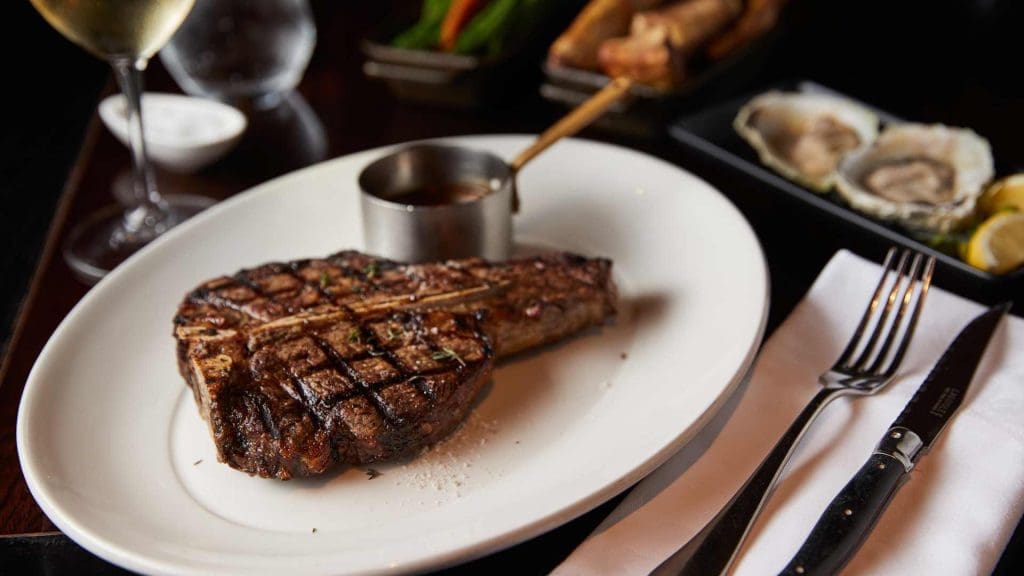
Being present also means being ready to step in when things go wrong, and in hospitality they inevitably do. “Listening is key. Too often people jump straight to a refund, but the guest may feel dismissed. My win is getting that person back to experience us again. Offer something to make it right, then deliver the experience we know we can.” He looks for the same ability in his hires. “Confidence is huge. I can teach the rest. If you can go up to a table of ten and have some banter, you are already improving their night.” For leadership roles, he builds teams like a sports coach. “I do not need eleven strikers. I want different strengths. Someone who loves upselling, someone who loves checklists, someone who is creative. The mix is what makes it work.”
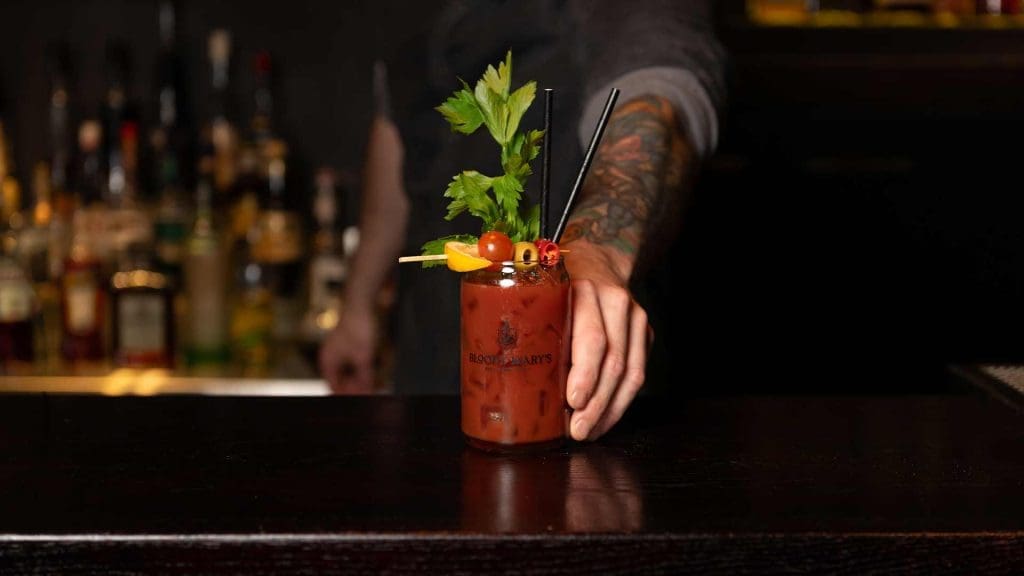
That team approach is what underpins Rydges Latimer’s personality. The aim is to make it a place where regular guests feel recognised and at ease. “We know their names, we know the room they like, we make sure they get it if we can. Small details add up. I want it to be a seamless experience.” The in-house restaurant, Bloody Mary’s, plays a central role in that. “In Asia, hotel dining is the special occasion. Here, people often default to standalone restaurants. We have built Bloody Mary’s into a destination with a loyal local following, especially for special occasions. It also lets us highlight local produce, which ties into our sustainability goals.”
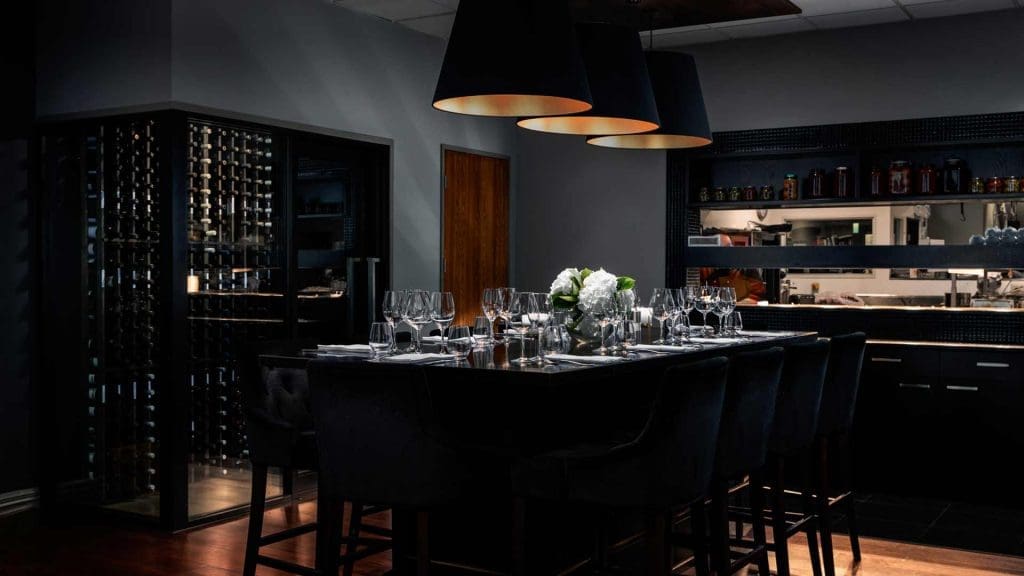
Balancing the needs of corporate and leisure guests is another ongoing shift in focus. “The bed, the TV, the shower might be the same, but the expectations are different. A corporate guest might just want a comfortable bed and a coffee in the morning. A family might care more about breakfast variety, parking, or connecting rooms.” That flexibility has become more important as the industry has changed. “Hotels used to offer luxuries you did not have at home. Now people have big TVs, streaming, fast internet at home. We have to offer more.”
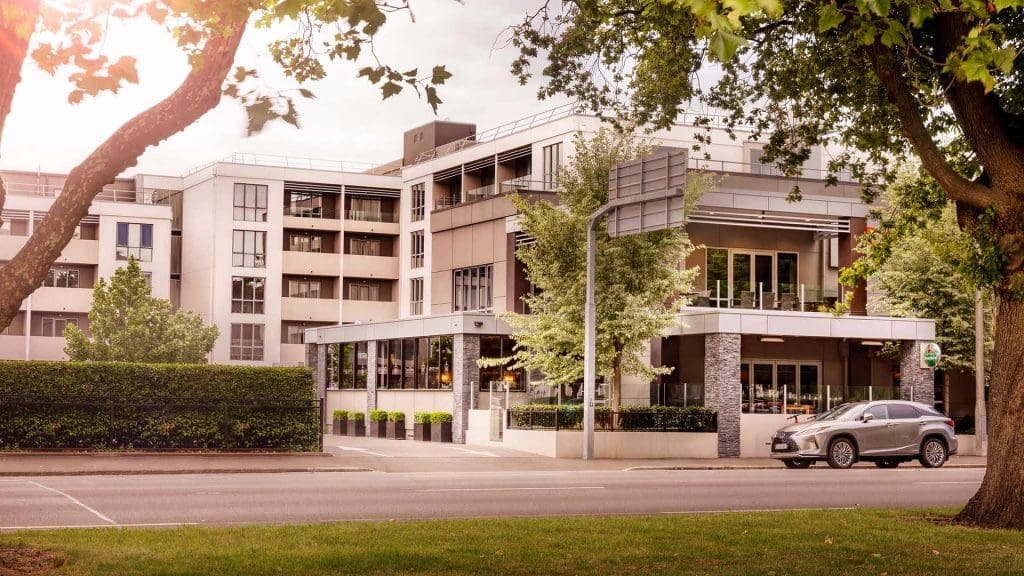
In food and beverage, that means creating dishes guests would not attempt themselves. “You are not going to confit a duck leg or make an intricate dessert at home. Those are the things we can charge a premium for because they are special. Mains need to be consistently good, because that is where complaints will come from if we get it wrong.” Social media has raised expectations even further. “People are trying high-level dishes at home. We need to be ahead of that curve.”
One way Rydges Latimer stays ahead is by creating experiences that are difficult to replicate elsewhere. “We have the space to do whisky dinners or wine events in private dining rooms. We can serve a 1994 vintage whisky, one of only 635 bottles, worth just under $1,600, alongside dessert. Most people would never buy it, but here they can taste it. That is memorable.” The Whisky Appreciation Club extends that exclusivity. “It lets guests store bottles on-site, join masterclasses with distillers, and attend special events. We have kept it low-profile, which makes it feel more exclusive.”
Looking ahead, Craig is excited about the city’s momentum, particularly with Te Kaha stadium opening. “It is a game changer. Having a world-class venue in the CBD brings events that benefit every hotel and restaurant in the city.” For him, it all comes back to one constant. “At the end of the day, it is about the people who stay with us and the people who work with us. If you get that right, everything else follows.”
